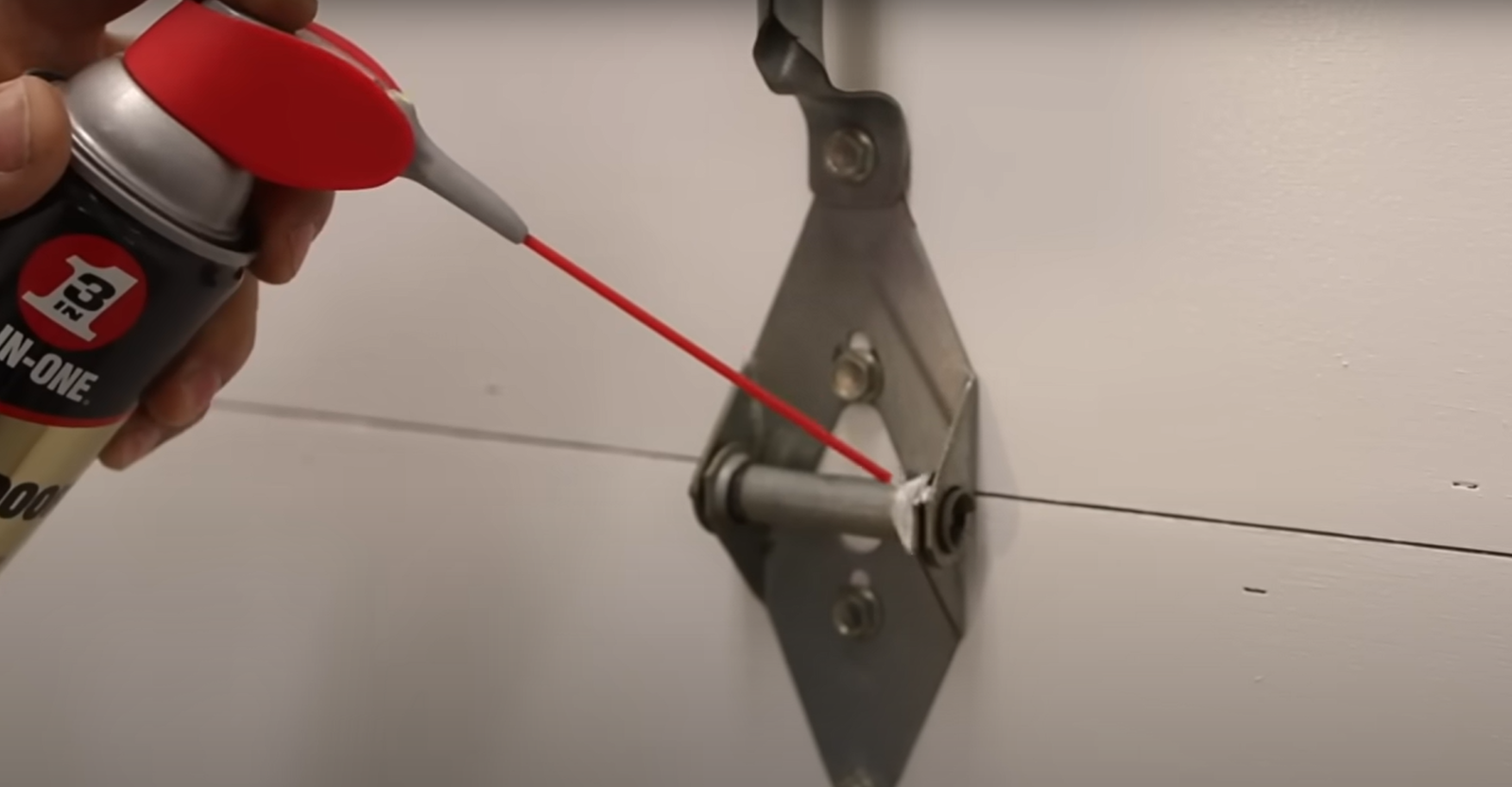
How to Quiet a Noisy Garage Door: Solutions for Different Types of Doors
Is your noisy garage door waking up the whole neighborhood every time you open it? You’re not alone, and the good news is—there are ways to fix it. A garage door is often one of the most frequently used entryways in a home, and over time, it can develop creaks, squeaks, or loud banging noises. Thankfully, with a few adjustments and proper maintenance, you’ll be able to enjoy a smoother, quieter door.
Here’s a complete guide to tackling a noisy garage door fix for different types of doors.
Why Is My Garage Door Noisy?
Before you can fix the problem, it’s important to understand the potential reasons behind the noise. Common causes include:
- Lack of lubrication: Parts like rollers, hinges, and springs need proper lubrication to function quietly.
- Worn-out or damaged components: Over time, things like rollers, tracks, or cables can wear out and become noisy.
- Loose hardware: Screws, bolts, and other hardware may loosen with frequent use, causing rattling sounds.
- Garage door imbalance: An unbalanced door can put extra strain on the system, leading to unpleasant noises.
Types of Garage Doors and Fixes for Noise
Each type of garage door may need a slightly different approach when it comes to addressing noise issues. Here are solutions tailored to the most common garage door types:
Sectional Garage Doors
Sectional garage doors are made of several panels that move up and down in tracks. To quiet these doors:
- Apply silicone-based lubricant to the hinges, rollers, and springs. Focus on any moving metal parts that are rubbing against each other.
- Check for rust or debris in the tracks and clean them thoroughly. Rust buildup can create grinding or squeaking noises.
- Tighten any loose bolts or screws along the tracks and panels.
Roller Garage Doors
Roller garage doors rely on a track and a series of small rollers to operate. If yours is noisy:
- Inspect the rollers themselves. Over time, metal rollers wear out and become noisy. Consider upgrading to nylon rollers, which are much quieter and last longer.
- Clean the track using a damp cloth to remove dirt or debris.
- Lubricate the rollers and tracks with a garage-door-specific lubricant.
Tilt-Up Garage Doors
Tilt-up garage doors operate as a single panel that lifts outward. To reduce noise:
- Lubricate the spring and arm hardware with a penetrating oil.
- Inspect the hinges and screws where the door meets the frame. Replace worn hinges as needed.
- Look for improper alignment, as misaligned doors can cause strain and extra noise. A professional may be needed to adjust alignment properly.
Routine Maintenance Tips to Keep Your Garage Door Quiet
Once your noisy garage door fix is complete, maintaining it is key to preventing future issues. Here are some tips:
- Lubricate all moving parts every six months.
- Regularly inspect the tracks and rollers for signs of wear or debris.
- Check and tighten loose hardware as part of your seasonal upkeep.
- Schedule a professional tune-up annually to ensure your door remains in optimal condition.
Quiet Your Garage Door Today with Professional Help
If you’ve tried these solutions and your garage door is still noisy—or if you’re unsure where to start—it might be time to call in the professionals. At Bradenton Florida Garage Door Repair, our team specializes in fixing noisy garage doors of all types. With expert care and premium tools, we ensure your garage door runs smoothly and quietly again.
Don’t wait to enjoy the peace and quiet you deserve. Contact Bradenton Florida Garage Door Repair today for expert help!
